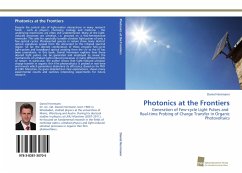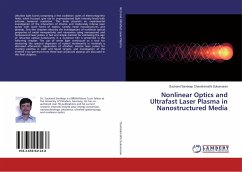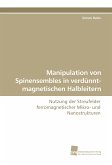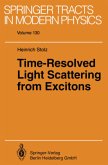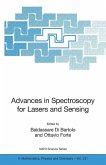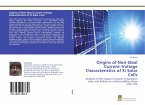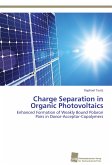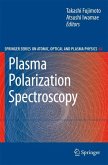Despite the central role of light-matter interactions in many research fields - such as physics, chemistry, biology and medicine - the underlying mechnisms are often still undetermined. Many of the light-induced processes are ultrafast, i.e. proceed on a few-femtosecond timescale. This asks for spectrally tunable ultrafast light pulses of only a few optical cycles. Photoexcited species in nature show many distinct optical signatures spread from the ultraviolet to the infrared spectral region. So far, the desired combination of these versatile few-cycle light-pulses and broadband optical probing from the UV to the IR has been unavailavle. In this book, Daniel Herrmann explains how these desired light pulses can be generated and employed to reveal the mechanisms of ultrafast light-induced processes in many different fields of nature. In particular, the author shows that light-induced ultrafast charge transfer in organic thin film photovoltaics is probed in real-time and reveals which parameters determine its efficiency. Based on his PhD at LMU München, he gives detailed but clear explanations, shows many experimental results and outlines interesting experiments for future research.
Bitte wählen Sie Ihr Anliegen aus.
Rechnungen
Retourenschein anfordern
Bestellstatus
Storno

